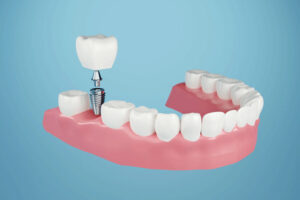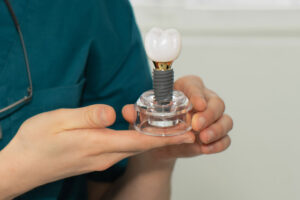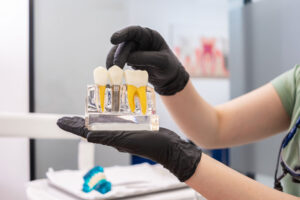Following the Boy Scout motto to “be prepared” comes in handy in case of a dental emergency. The ability to handle the unexpected is always a plus, so things don’t go from bad to worse.
Knowing what to do if you or a loved one experiences a cracked tooth or crown or a bad toothache can make a difference in your recovery.
At Sargon Dental in Encino and West Hollywood, California, we leave room in our schedule for dental emergencies. We understand that “life happens,” and even though we don’t wish for them, accidents occur.
In addition to getting you in the chair as soon as possible, our team provides solid over-the-phone advice to help you ease your pain, reduce oral irritation, and keep your problem under control until you receive proper treatment.
Here’s what to know when the unexpected happens, as well as the type of self-care strategies that help you manage your problem on the way to our office.
What constitutes a dental emergency?
Following are problems that classify as emergencies. If you experience any of these, it’s important to seek dental treatment as soon as possible.
Simply put, any acute oral injury or pain that you can’t effectively treat or relieve on your own qualifies as a dental emergency.
Self-care when the emergency occurs
Knowing what to do if you have a dental emergency can improve the outcome, especially if you’re dealing with a time-sensitive problem like a knocked-out adult tooth. Following are the self-care strategies we typically recommend:
Toothache
An aching tooth is likely the result of decay that hasn’t been treated or an infection at the base of your tooth. Both situations require immediate treatment.
Once you call our office for a same-day appointment, rinse your mouth with warm salt water to cleanse the area and remove food particles. Holding a cold compress over the area can also provide gentle relief.
If you need pain relief, take a non-steroidal anti-inflammatory drug (NSAID) other than aspirin because aspirin can increase bleeding during dental procedures.
Cracked or chipped teeth
Follow the same self-care routine as for a toothache. In addition, don’t chew in the area of the affected tooth. Ingest soft foods until you can come into the office. If you have part of the tooth that has broken off, save it in a container with water; we may be able to reattach it.
Lost crowns or other dental work
If you’ve lost a crown, a filling or bonding, call our office for an appointment. These cases don’t necessarily require same-day treatment, but they should be treated within a few days to keep bacteria out of the opening in your tooth.
Pharmacies have an over-the-counter filling material that seals an exposed cavity and protects it from infection until you come in for your appointment.
You can also find over-the-counter dental cement at your pharmacy that temporarily holds a loose crown in place. Make sure your tooth is clean before applying either product.
Unattached permanent tooth
If a tooth is knocked out, coming into the office as soon as possible can mean the difference between saving your natural tooth or winding up with a dental implant.
You should rinse the tooth, place it in a clean container, and soak it in milk, saliva, or water — keeping it moist is key to keeping it alive. Then, head directly to our office so we can determine whether your tooth can be successfully reattached.
We’re here for you if you need emergency dental work. Call Sargon Dental in case of emergency, and call or book online to keep your regular twice-a-year appointments.





